It’s normal to feel anxious from time to time. After all, anxiety is our body’s natural way of responding to stress. However, when anxiety becomes chronic or interferes with our daily lives, it can be detrimental to our health and well-being. If you’re struggling with anxiety, know that you’re not alone. How do we deal with anxiety?
1. Identify Your Triggers
One of the first steps in dealing with anxiety is to identify your triggers. A trigger is anything that causes your anxiety to increase. Once you know what your triggers are, you can start to avoid them or manage them in a better way.

2. Avoid Caffeine
Caffeine is a stimulant that can increase anxiety levels. If you find that you are prone to anxiety, it is best to avoid caffeine altogether. If you can’t give up caffeine, try to limit yourself to one cup of coffee per day.
3. Get Enough Sleep
Sleep plays a vital role in managing anxiety. When you don’t get enough sleep, your body and mind are not able to function properly, which can lead to increased anxiety levels. Make sure to get at least 7-8 hours of sleep each night.
4. Exercise Regularly
Exercise is a great way to reduce stress and promote relaxation. It helps to release endorphins, which have mood-boosting effects. Additionally, exercise can help to improve sleep quality and quantity. aim for 30 minutes of exercise per day.

5. Eat a Healthy Diet
What you eat can also affect your anxiety levels. Eating a diet that is high in processed foods and low in nutrients can increase anxiety levels. Instead, focus on eating plenty of fresh fruits and vegetables, whole grains, and lean protein sources.
6. Practice Relaxation Techniques
There are several relaxation techniques that can be helpful in managing anxiety. Some of these include deep breathing exercises, progressive muscle relaxation, and visualization. Experiment with different techniques to see what works best for you.
7. Seek Professional Help
If your anxiety is severe or interfering with your daily life, it may be time to seek professional help from a therapist or counselor.
Anxiety can be debilitating, but there are ways to manage it. Do not hesitate to reach out for help if you need it—you are not alone in this battle.

